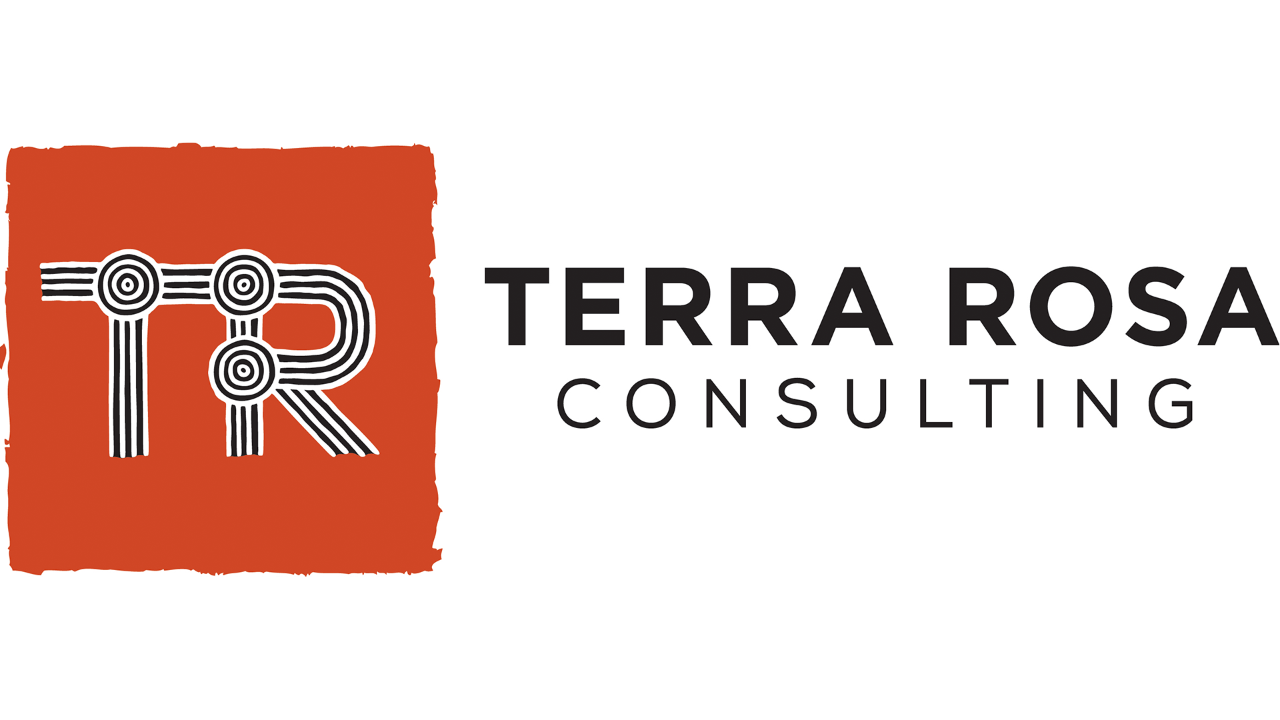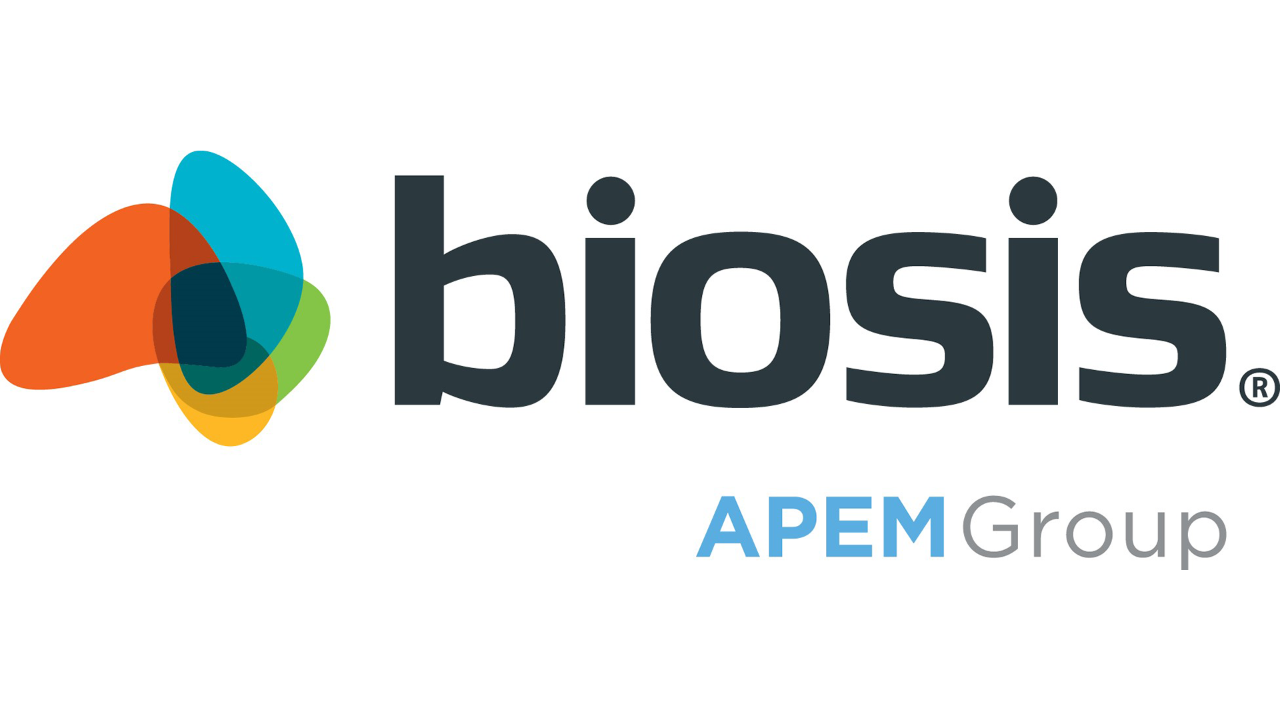Entry requirements
Key information
overall
overall
Note: Part-time equivalent study options are not available for international students.
Your future lies in the past.
Uncover the world's rich cultural history, exploring the links between past, present and future societies. This course provides you with the skills to work in museums, government, community organisations, the cultural heritage management industry and more.
Home to one of the top-ranked and largest archaeology departments in Australia, at Flinders you'll have the opportunity to unearth and analyse artefacts, and learn from teaching staff who are award-winning, internationally recognised archaeologists who work across the globe: from the shores of the Mediterranean and the jungles of Southeast Asia, to the heart of Australia’s arid deserts.
SA's only dedicated archaeology degree
With over 20 years of history, we offer South Australia's longest-running archaeology degree. If you dream of becoming a professional archaeologist, this is the place to be.
Choose to specialise in an area of interest
Choose to specialise in archaeological science, ancient civilisations, maritime archaeology, historical archaeology or Indigenous archaeology.
Get your hands dirty with real-world experiences
Archaeology is best experienced out in the field. At Flinders, you'll learn the tools of the trade through exciting field work experiences during your degree.
Archaeology graduates are highly sought-after
Most employment opportunities come from within the booming cultural heritage industry, but the sky's the limit for archaeology graduates. You’ll be studying towards an incredible career, like one of these:
Salary
$146K
typical salary in Australia
Jobs growth
18.9%
5-year projection
Archaeologist
Ever stumbled upon a shipwreck, or maybe a series of ruins, and found you were fascinated by it? Archaeology might be for you. A profession which is all about human history, archaeologists study a wide range of artefacts: from bones, to tools, to Indigenous sites.
Archaeologists spend much of their time closely examining artefacts and interpreting data to paint a picture of human history, providing incredibly detailed insights into its progression over time.
Heritage advisor
Cultural value is important to the places in which we live, work, study and play - and heritage advisors play a key role in ensuring this value is recognised and understood.
They provide advice and assistance about heritage places to government and local councils, property owners and communities.
Salary
$110K
typical salary in Australia
Sources: Payscale.com, 2024 | Seek Australia, 2025
Museum curator
Protecting - and showcasing - historical items is all in a day's work for a museum curator. They conceptualise and create museum collections, keep records up-to-date, and ensure that artefacts are handled and displayed correctly.
Other careers could include:
- Digital archaeologist
- Museum collections manager
- Cultural heritage specialist
- Researcher
- Author or content writer.
What will you study to start your career in archaeology?
Study a variety of core and option topics, and get hands-on experience with field work opportunities.
- Year 1
- Year 2
- Year 3
In your first year, you'll study core topics and your choice of one option topic.
Year 1 - Core topics
Your first year might include topics like the below. For exact topic information, visit the course Handbook.
In your second year, you'll study core topics and your choice of one option topic.
Year 2 - Core topics
Your second year might include topics like the below. For exact topic information, visit the course Handbook.
In your third year, you'll study core topics and your choice of one option topic. You'll also get hands-on experience with a field methods topic.
Year 3 - Core topics
Your third year might include the topics like the below. For exact topic information, visit the course Handbook.
Professional Recognition
This course provides you with archaeological training to the standard prescribed by the Australian Archaeology Skills Passport.

Boost your knowledge.
After graduating from a Bachelor of Archaeology, take your knowledge of ancient worlds to new depths with our graduate programs in Archaeology and Heritage Management or Maritime Archaeology.
Or, consider an Honours year in Archaeology. In an Honours year, you will have the opportunity to work with experts on an independent research project and thesis. Your research could uncover new discoveries - and enhance broader understanding of the world, both past and present.
Ranked in the top 2%
of the universities in the world
THE World University Rankings 2024 as a percentage of the total number of universities in the world according to the International Association of Universities
Top 100
for in the world in Archaeology
The QS World University Rankings 2025
No.1 in SA
in Humanities, Cultural & Social Science for median graduate income, skills development and overall education experience
The Good Universities Guide 2023 (undergraduate), public SA-founded universities only
Ranked #1 in SA
in Humanities & Social Sciences for learning resources, skills development, teaching quality, graduate salary and full-time employment.
The Good Universities Guide 2026 (undergraduate), public SA-founded universities only
Top 100
in the world in Archaeology.
QS World University Rankings 2023
5 stars
in Humanities & Social Sciences for overall experience, skills development and teaching quality.
The Good Universities Guide 2026 (undergraduate)
Discover South Australia.
Where world-class education meets laid-back coastal living. With pristine beaches, acclaimed wineries, and vibrant festivals at your doorstep, South Australia offers an unmatched student experience.
Photo credit: SATC
Get inspired.
Discover more about Flinders University’s Bachelor of Archaeology.
Why study Archaeology at university?
An exciting career is waiting for you if you decide to study Archaeology.
“The facilities at Flinders are amazing for archaeology. There's so many different labs. And the lecturers and professors are amazing... the experience and knowledge they have is really useful."
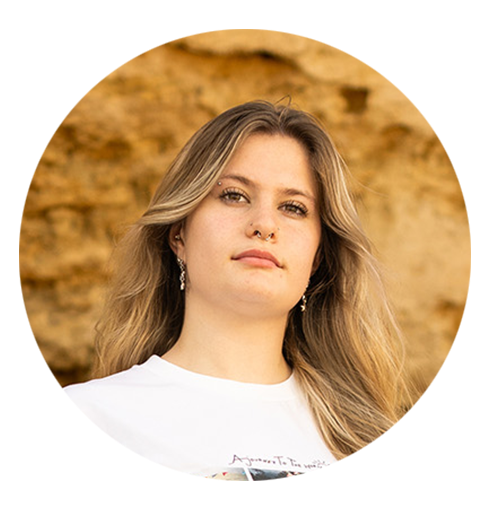
Luci Natalier
Bachelor of Archaeology

Luci Natalier
Bachelor of Archaeology
Need support?
International Student Services (ISS) is the first point of contact for international student support. The university also offers everything from cultural, health, and wellbeing services, to academic support.
Campus tours
Take a virtual tour of our campuses, guided by your fellow international students.
FUSA
Flinders University Student Association (FUSA) is the heart of the Flinders Experience. FUSA is where you'll find out about events, club memberships, and extracurricular activities.
Accommodation.
Adelaide has many accommodation options for international students. You can choose to live on campus, at our city accommodation provider The Switch, or in rental accommodation.
Flinders offers a vibrant, fun, supportive uni experience you’ll remember for a lifetime.
Need support?
From cultural, health and wellbeing services, to study and financial support, enrolment advice and more, we’re here to help.
Student clubs
Flinders University Student Association (FUSA) is the heart of the Flinders Experience. FUSA is where you’ll find out about events, club memberships and extracurricular activities.
Campus facilities
Flinders’ campuses are hubs of activity, with retail and food outlets, library spaces, study and chill spaces and more.
Learn from the experts.
Our incredible teaching and professional staff are experts in their fields and well-connected to the industry.
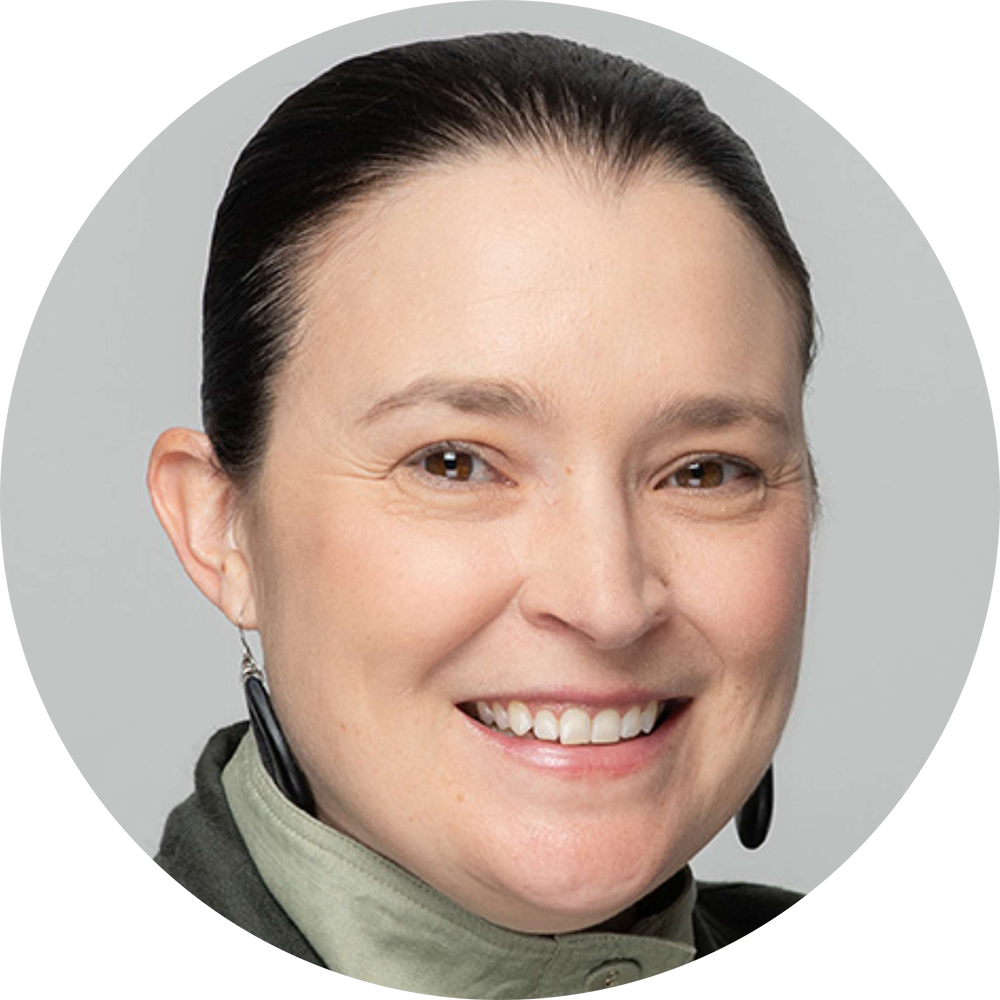
Professor Amy Roberts
Amy Roberts, a Matthew Flinders Professor, is an archaeologist and anthropologist who is committed to meaningful and long-term collaborations with Traditional Owners. She primarily works with Aboriginal communities in South Australia. In particular she has worked closely with Aboriginal peoples from the River Murray and Yorke Peninsula regions.
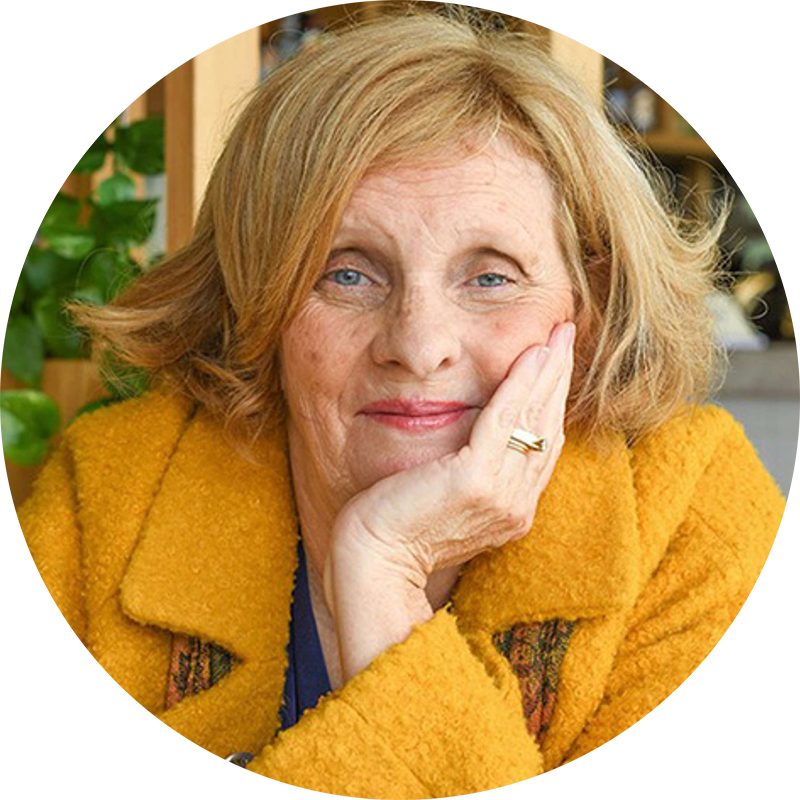
Professor Claire Smith
Claire Smith is an anthropological archaeologist whose research focusses on how Indigenous knowledges can enrich archaeological theory, method and practice. Claire's deep research into Aboriginal ways of being, knowing and doing is based on long-term relationships of trust. She has worked with Aboriginal people in the Barunga region, Northern Territory, every year since 1990, with Ngadjuri people since 1998, and with Adnymathahna people since 2020.
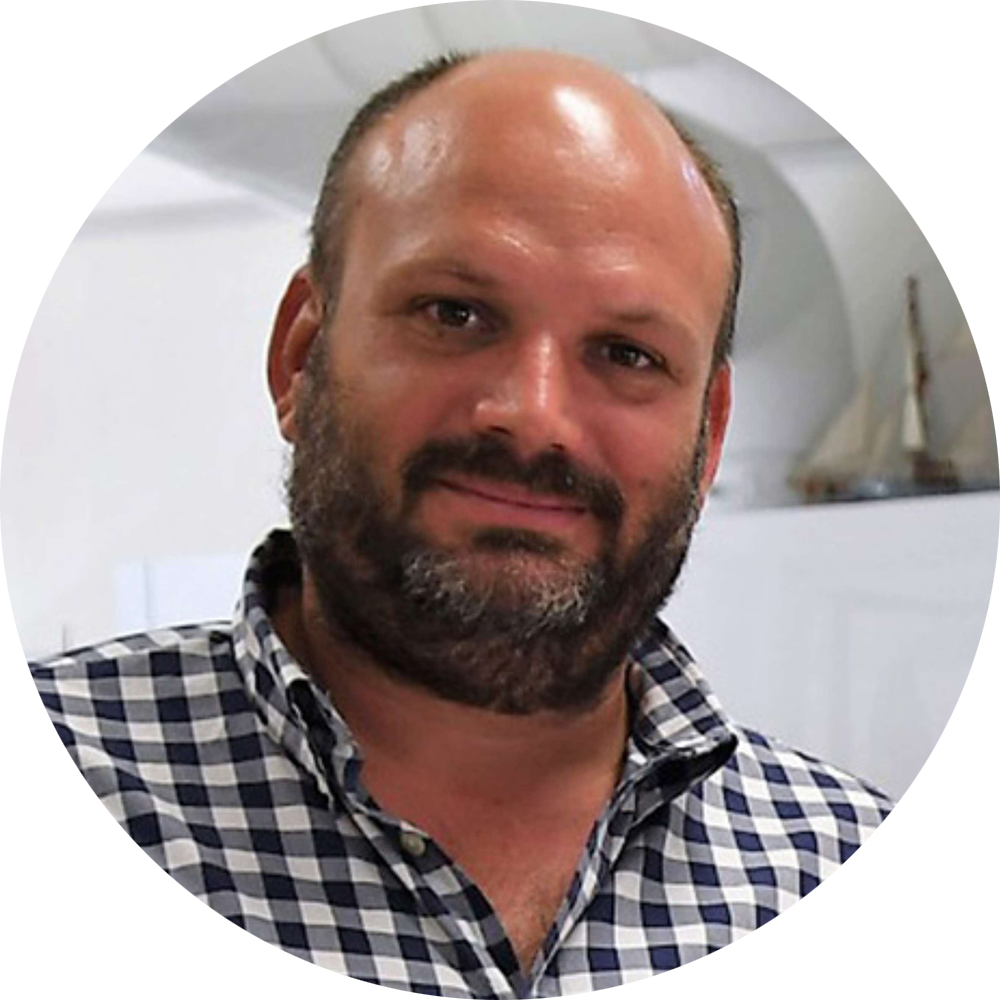
Professor Ian Moffat
Ian Moffat is a archaeological scientist who is fascinated by the potential of geological techniques to answer questions in archaeology. His main research focus is understanding the human, climate and landscape history of the "Dead Heart" of Australia. This fascinating region, which includes the Simpson, Strzelecki and Sturt Stony Deserts, is the driest place in Australia yet contains more than 100 dryland lakes which house important geological and archaeological records.
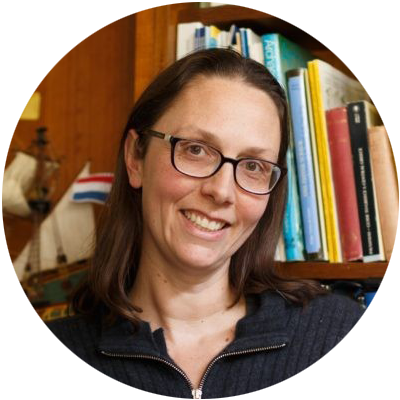
Professor Wendy Van Duivenvoorde
Growing up in the Netherlands, a nation famed for its maritime heritage, Wendy van Duivenvoorde became fixated on the sea. Drawn to archaeology at university, she jumped at the opportunity to volunteer on dives at maritime archaeological sites, sealing her fate as a scholar captivated by the histories of the deep.
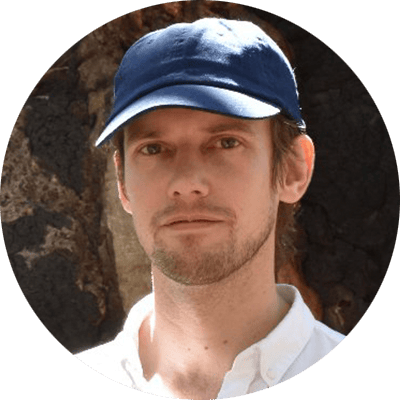
Associate Professor Martin Polkinghorne
Martin Polkinghorne completed his PhD at The University of Sydney focussing on the people and technology that made the temples of Angkor. Between 2011 and 2014 he led an Australian Research Council (ARC) Discovery project on pre-modern craft economies in Cambodia. This initiative discovered the first historic bronze foundry known in Southeast Asia and continues to excavate at Angkor.
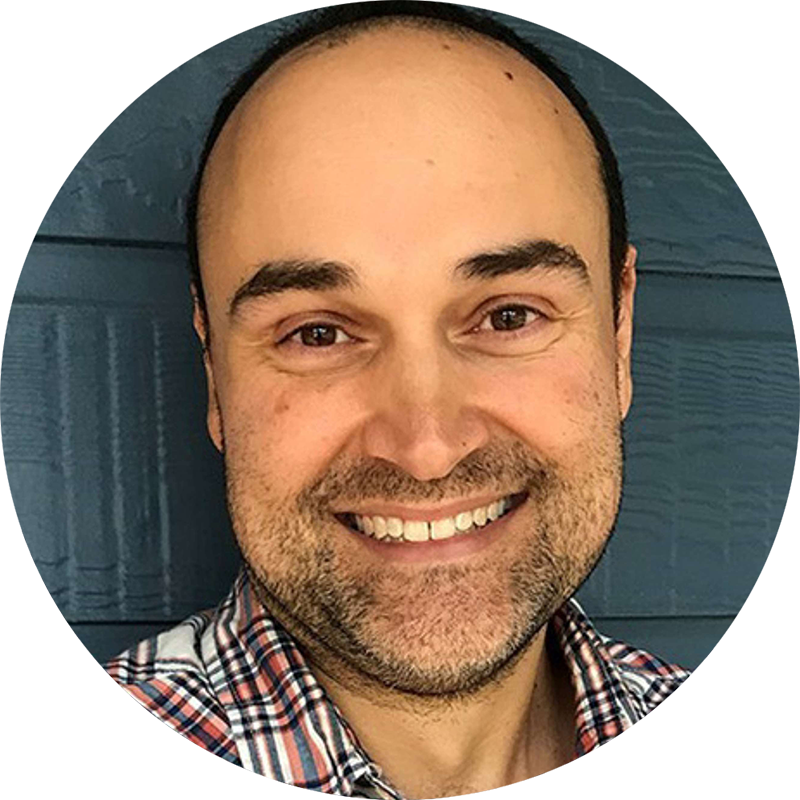
Professor Liam Brady
Professor Liam Brady is originally from Canada with West Indian (Trinidad & Tobago), Venezuelan and Irish heritage. Over the last 20 years he has crafted his research program around multidisciplinary approaches to Indigenous cultural heritage with a focus on integrating Indigenous knowledge into understanding the "archaeological record" (rock art, stone artefacts, rockshelter occupation sites etc.)
How to apply.
We know not everyone begins uni the same way, so we offer a variety of pathways into Flinders.
Use the dropdown to tell us a bit about you.
Alternative pathways
UniTEST
If you’re in Year 12, taking the free uniTEST can help boost your chances of getting into Flinders.
Research Project B Pathway
Strong results in your Research Project B subject along with your Year 12 results can be considered for entry.
Year 12 Grades Entry
By using three of your best Year 12 grades, you can also gain a place in your course of choice.
School Recommendation Program
Your school’s recommendation about your academic performance may be considered as part of your admission.
If you started uni but didn't finish, you may be able to gain entry into Flinders with a higher education transfer.
Higher education transfer
If you’re studying at another university, you may be able to transfer to Flinders based on your Yr 12 results, current GPA or other factors.
If you've had TAFE or VET training, you may be able to continue your study with Flinders.
TAFElink
Even if you didn’t finish high school (Year 12), you may be able to study at Flinders through your TAFE/VET qualification.
Dual offer pathways
You may be able to complete a TAFE SA course and have guaranteed entry into Flinders.
Credit transfer
The TAFE/VET stud you’ve already done may be able to be used as credit towards a Flinders’ course.
No ATAR? No worries. If you've got work or life experience, there are pathways into Flinders.
Flinders Foundation Studies
The Foundation Studies Program is free and guarantees entry to a range of degrees.
Skills for Tertiary Admissions Test (STAT)
The STAT is a 2-hour multiple choice test that assesses your abilities.
Year 12 qualifications
If you completed Year 12 more than two years ago you can still use your results to apply.
Concerned about your ATAR? If it doesn't meet the course requirement, or if you don't receive one, we offer alternative pathways to admission. Contact us to discuss your options—we're here to help.
- Entry requirements
- Application options
If you don’t meet our English language entry requirements and need to improve your English language proficiency, you can do so through Flinders University Academy – or our approved English Language Instruction Course for Overseas Students (ELICOS) providers.
This means that you can attend the required English language tuition at approved ELICOS providers and gain direct entry into university without an IELTS or TOEFL test.
If you don’t meet our academic entry requirements, you can still gain entry to Flinders University through Flinders University Academy. With a range of diplomas, foundation and English language courses, students can find a direct pathway into the destination degree of their choice.
How to apply
Select your course.
Check entry requirements.
Check your eligibility for credit.
Obtain certified documents.
Submit your application and documents.
Application options.
Apply online
Follow up our step-by-step guide to help you with your application to study at Flinders.
Find an agent
Our registered education agents around the world understand the university system and will guide you through the application process.
Contact us
Get in touch with our team to discuss your preferences, career options, pathways, and course and entry requirements. We are here to ensure you have everything you need to choose the right degree for you.
Don't meet academic requirements? Don't worry. We'll help you get there.
Preparatory courses
If you lack required English proficiency, improve through Flinders University Academy or approved ELICOS providers for direct university entry without IELTS/TOEFL tests.
Flinders University Academy
If you do not meet entry requirements for your desired degree, Flinders University Academy will provide you with a direct pathway into the destination degree of your choice.
Gain two qualifications in just 1.5 years of extra study with a combined degree.
Flinders combined degree options can help you pursue multiple passions and graduate with two degrees to broaden your career opportunities.
Add on Science (Environmental Science)
Combined SATAC code: 214021
Duration: 5 years
Delivery Mode: In person
Add on Geospatial Information Systems
Combined SATAC code: 214021
Duration: 5 years
Delivery Mode: In person
Add on Science (Biodiversity and Conservation)
Combined SATAC code: 214021
Duration: 5 years
Delivery Mode: In person
Frequently asked questions.
Over the years, many questions have been asked by students before. For the quickest answers view our frequently asked questions or browse the full list @ Ask Flinders.
This depends on which Flinders Archaeology course (or major) you choose, but you can expect a hands-on and multi-disciplinary degree no matter which path you take! Find out more:
We're home to one of the top-ranked and largest archaeology departments in Australia. Not only this, but we work extensively with industry partners to offer a wide-ranging course, covering the big issues in understanding human behaviour past and present. Our staff are award-winning, internationally recognised archaeologists who work across the globe, from the shores of the Mediterranean and the jungles of Southeast Asia, to the heart of Australia’s arid deserts.
At Flinders you can combine your interests with speciality topics in Australian and world archaeology, human evolution, ancient seafaring and the archaeology of First Peoples, including cutting-edge scientific and imaging techniques. Satisfy your own curiosity, while at the same time creating a degree that will prepare you to practice successfully as a professional archaeologist, curator or cultural heritage manager in Australia or abroad.
Once you've completed a Bachelor of Archaeology, you could complete a Bachelor of Archaeology (Honours) to become a professional archaeologist. Alternatively, you might decide to pursue an employment opportunity right after graduation: a bachelor's degree in archaeology will open countless doors for you across sectors, both locally and internationally.
Many of our Bachelor students also decide to undertake postgraduate studies with us and develop specialist skills through our outstanding Masters and PhD programs in fields such as geoscience, maritime archaeology and conservation.
Did you know that archaeologists are often consulted in relation to heritage buildings? Most career opportunities can be found in the cultural heritage industry, and it's a sector that is growing every year. Not only this, but you could find job opportunities in government, community organisations, mining companies, museums, parks and more.
Definitely. As South Australia's longest-running Archaeology department, we have deep connections with local, national and global industry: meaning you'll get up close with the best names in the profession.
Our archaeology staff have extensive experience working in the Cultural Resource Management sector both across Australia and internationally and our undergraduate program is designed to provide you with all the skills you need for employment.
- Applications are completed via SATAC
- Visit: satac.edu.au
The table below shows ATAR and Selection Rank data for students offered a place wholly or partly on the basis of ATAR commencing in Semester 1, 2025. It is limited to applicants that have recently completed secondary education (within the last two years). Data may reflect multiple courses available within a suite of courses.
Notes:
<5 – less than 5 ATAR based offers made
N/A – This course uses additional selection criteria and therefore Selection Rank is not published
| ATAR-based offers only across all offer rounds | ATAR - Excluding adjustment factors | Selection Rank - ATAR plus any adjustment factors |
|---|---|---|
| Highest rank to receive an offer | 95.20 | 99.95 |
| Median rank to receive an offer | 76.17 | 80.42 |
| Lowest rank to receive an offer | 57.75 | 61.00 |
The table below gives an indication of the likely peer cohort for new students in this course. It provides data on students who commenced study in this course in Semester 1, 2025 including those admitted through all offer rounds and international students studying in Australia. Applicant background groupings are based on educational background, not basis of admission. Data may reflect multiple courses available within a suite of courses.
Notes:
<5 – the number of students is less than 5
N/P – Not published: the number is hidden to prevent calculation of numbers in cells with less than 5 students
| Applicant background (Semester 1, 2025) | Number of students | Percentage of all students |
|---|---|---|
| Higher education study (includes a bridging or enabling course) | 44 | 37% |
| Vocational education and training (VET) study | 5 | 4% |
| Work and life experience | <5 | <5 |
| Recent secondary education - Admitted solely on the basis of ATAR (regardless of whether this includes the consideration of adjustment factors such as equity or subject bonus points) | 28 | 24% |
| Recent secondary education - Admitted where both ATAR and additional criteria were considered (e.g. portfolio, audition, extra test) | <5 | <5 |
| Recent secondary education - Admitted on the basis of other criteria only and ATAR was not a factor (e.g. special consideration pathways) | 17 | 14% |
| International Students | 18 | 15% |
| All students | 118 | 100% |
Frequently asked questions.
Get in touch with us to discuss your preferences, career options, pathways and course and entry requirements. We are here to ensure you have everything you need to choose the right degree for you.
The type of documents you will need for your international application depends on what course you are applying for and which country you are a citizen of. Course requirements are stated on each course webpage. Examples of documentation you might expect to provide for your international application include a copy of personal identification, academic transcripts or a resume.
Once you have received your Confirmation of Enrolment (CoE) letter from Flinders University, you should apply for your visa as soon as possible as visa processing times can vary. You will receive your CoE letter after you have applied to study at Flinders, accepted your offer and paid the semester tuition fee.
No. Part-time study is currently not available for international students due to visa conditions.
No. Online study is currently not available for international students due to visa conditions.
If you don’t meet our English language or academic entry requirements, you can still gain entry to Flinders University through our on-campus pathway provider Flinders University Academy. Alternatively, you can improve your English language proficiency through our approved English Language Instruction Course for Overseas Students (ELICOS) providers.
You can apply to study as an international student directly through Flinders University or an authorised agent in your country.
If you are from one of the countries listed, you are required to apply via an education agent. If you reside onshore in Australia, you will not require an agent even if you are from the countries listed above.
Yes. As a student visa (subclass 500) holder, you and your dependents (family members) can work up to 48 hours a fortnight when your course of study is in session. If you have started a master degree by research or doctoral degree, this rule does not apply to you and working hours are not restricted.
Our dedicated International Student Services (ISS) team provide a range of programs supporting your enrolment, study and social life, as well as a referral service to facilities on campus and within the local community.
![]()
Sturt Rd, Bedford Park
South Australia 5042
South Australia | Northern Territory
Global | Online
CRICOS Provider: 00114A TEQSA Provider ID: PRV12097 TEQSA category: Australian University
